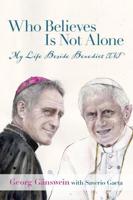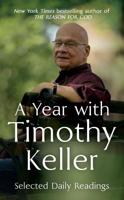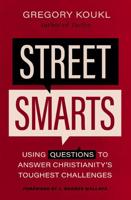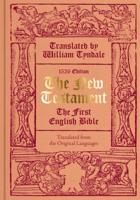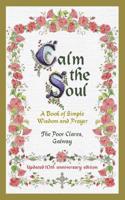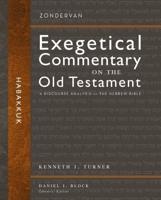Publisher's Synopsis
"If God gave us a mind, he meant us to use it," reasoned the gifted counselor Don Tweedie. It bothered him that Christians seem to demean reason with their accent on faith. His attitude changed with a lecture by the erudite Edward John Carnell. Years later, he would observe: "It was not anything particular he said, but his reasoning process that impressed me." As a result, he became a devout Christian, and apologist for the faith. The author of this text was as a youth what J. Edwin Orr referred to as a protheist. That is, one who thinks that the existence of God is more likely, but lacks assurance. This was before his conversion experience, while serving in the military during World War II. It was on that occasion that he decided to follow Jesus, no turning back. So the initial chapter is appropriately autobiographical. There follows several chapters dealing with passages of Scripture. This is in keeping with the assertion, "All Scripture is God-breathed and is useful for teaching, rebuking, correcting and training in righteousness, so that the man of God may be thoroughly equipped for every good work" (2 Tim. 3:16). After this, there are representative instances of reasoning faith. Which brings to mind Augustine's provocative claim, "All truth is God's truth." As in the case of Justin Martyr. Along with a discussion of alternative apologetic systems. An additional chapter contains relevant quotations. Some of these are Biblical, while others are extra-Biblical. Some are also more representative, whereas others are relatively distinctive. This is along the line of wisdom literature. A final chapter touches on several highlights from the extended discussion. This not only provides a summary, but provides an incentive for further reflection. Recalling the saying, "The past serves as prologue." All things considered, so that faith less resembles a leap in the dark than pressing toward the light. As such, indicative of a reasoning faith.





